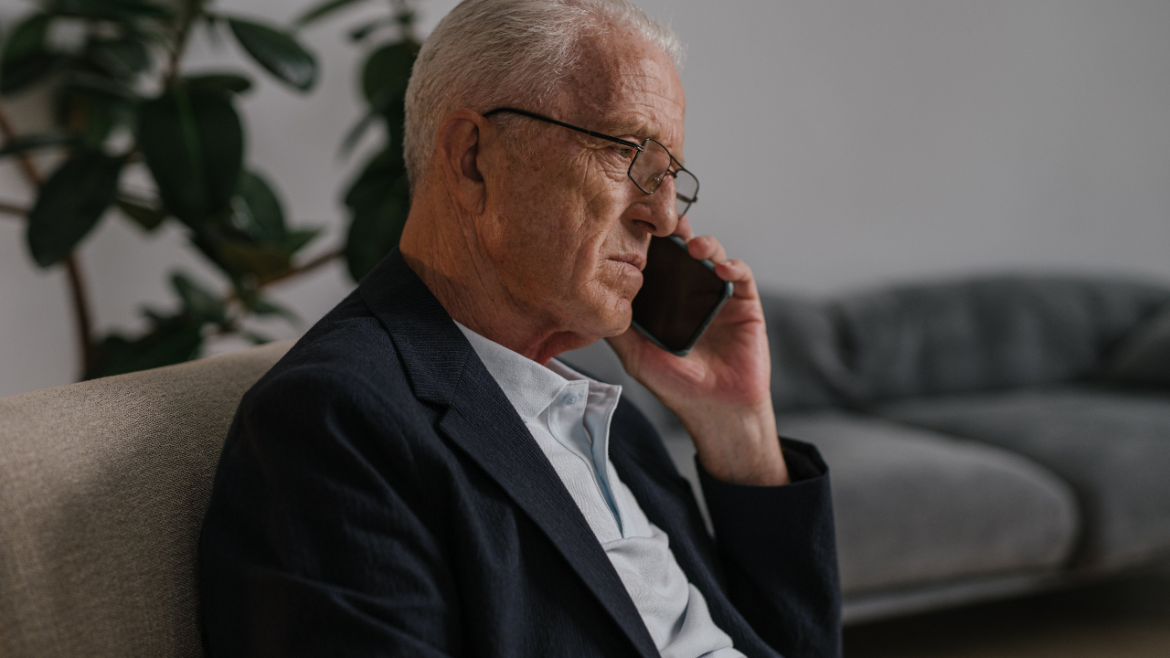Did you know that Leading Edge Senior Care has a Dementia Support Group? We meet monthly in Mesa. For more details <click here>
What’s The Best Way To Recover From A Stroke?
The aftermath of a stroke necessitates varied interventions, including medical care, rehabilitation, and lifestyle adjustments.
Post-stroke recovery involves a combination of treatments tailored to individual needs for effective rehabilitation. So, let’s answer the question: “What’s The Best Way To Recover From A Stroke?”
Immediate Medical Attention:
Swift medical response is crucial during a stroke to minimize damage and commence timely treatment.
Immediate medical care significantly impacts stroke recovery outcomes, emphasizing the importance of prompt action.
Rehabilitation Therapy:
Rehab therapy plays a pivotal role in stroke recovery, focusing on physical, occupational, speech, and cognitive therapies.
Rehabilitation therapies are fundamental in restoring functions affected by a stroke and enhancing recovery and independence.
Physical Therapy:
This type of therapy helps regain motor skills, strength, balance, and mobility impaired by a stroke.
Physical therapy aids in regaining mobility and strength, which is pivotal for post-stroke functional independence.
Occupational Therapy:
This assists in relearning daily tasks, adapting to limitations, and promoting independence.
Occupational therapy supports stroke survivors in regaining daily living skills and fostering independence.
Speech and Language Therapy:
Language therapy aids in redeveloping communication, language, and swallowing abilities affected by a stroke.
Speech therapy facilitates the recovery of speech and language skills, vital for post-stroke communication.
Cognitive Rehabilitation:
Cognitive therapy focuses on memory, problem-solving, and attention to regain cognitive functions after a stroke.
The rehabilitation supports the restoration of cognitive abilities impaired by a stroke.
Emotional Support:
Emotional support is crucial for stroke survivors, addressing depression, anxiety, and adjustment issues.
The support plays a pivotal role in addressing mental health challenges post-stroke, aiding in holistic recovery.
Lifestyle Adjustments:
Adapting to a healthier lifestyle, including diet modifications and exercise, helps prevent future strokes.
Embracing a healthy lifestyle reduces the risk of recurrent strokes, emphasizing the importance of lifestyle changes.
Support Networks:
Building a strong support network of family, friends, and healthcare professionals is integral to stroke recovery.
Support networks provide essential emotional support and encouragement, which is crucial for stroke recovery.
Conclusion:
Recovering from a stroke demands a multifaceted approach encompassing medical attention, rehabilitation therapies, lifestyle modifications, and emotional support. A comprehensive strategy tailored to individual needs is vital for successful stroke recovery. Embracing rehabilitation therapies, healthy lifestyle changes, and building a robust support network significantly contribute to post-stroke rehabilitation, improving overall outcomes and quality of life.

